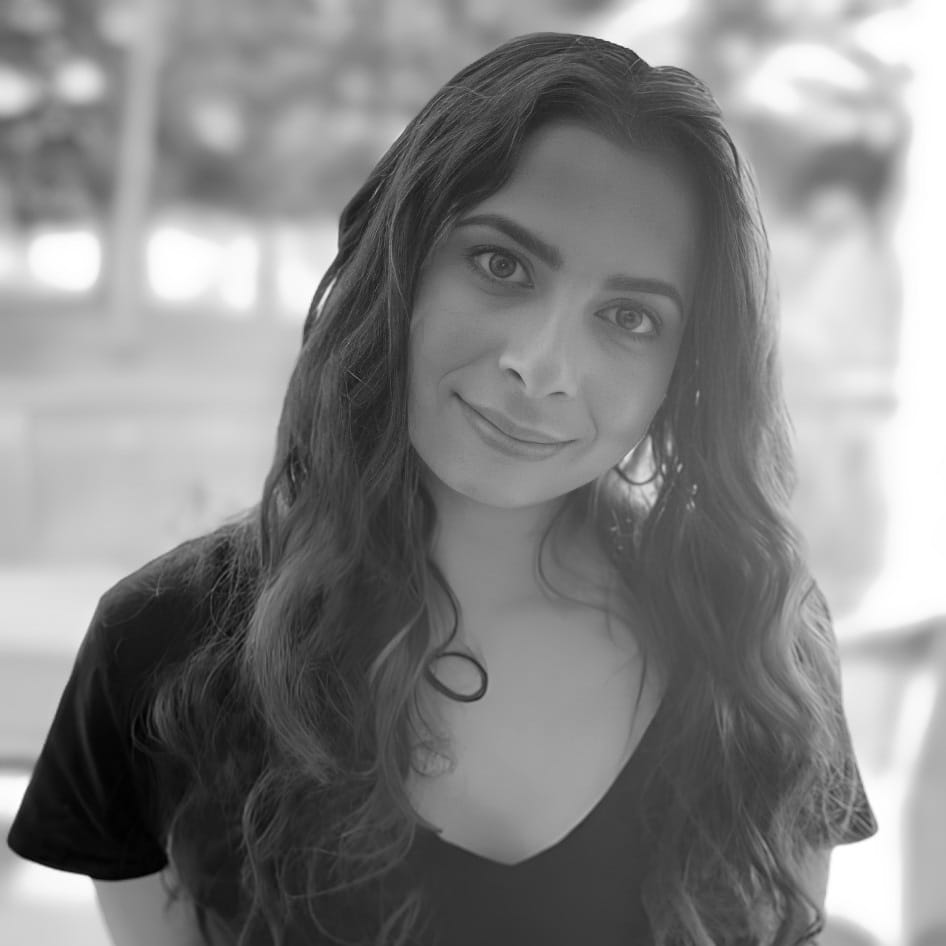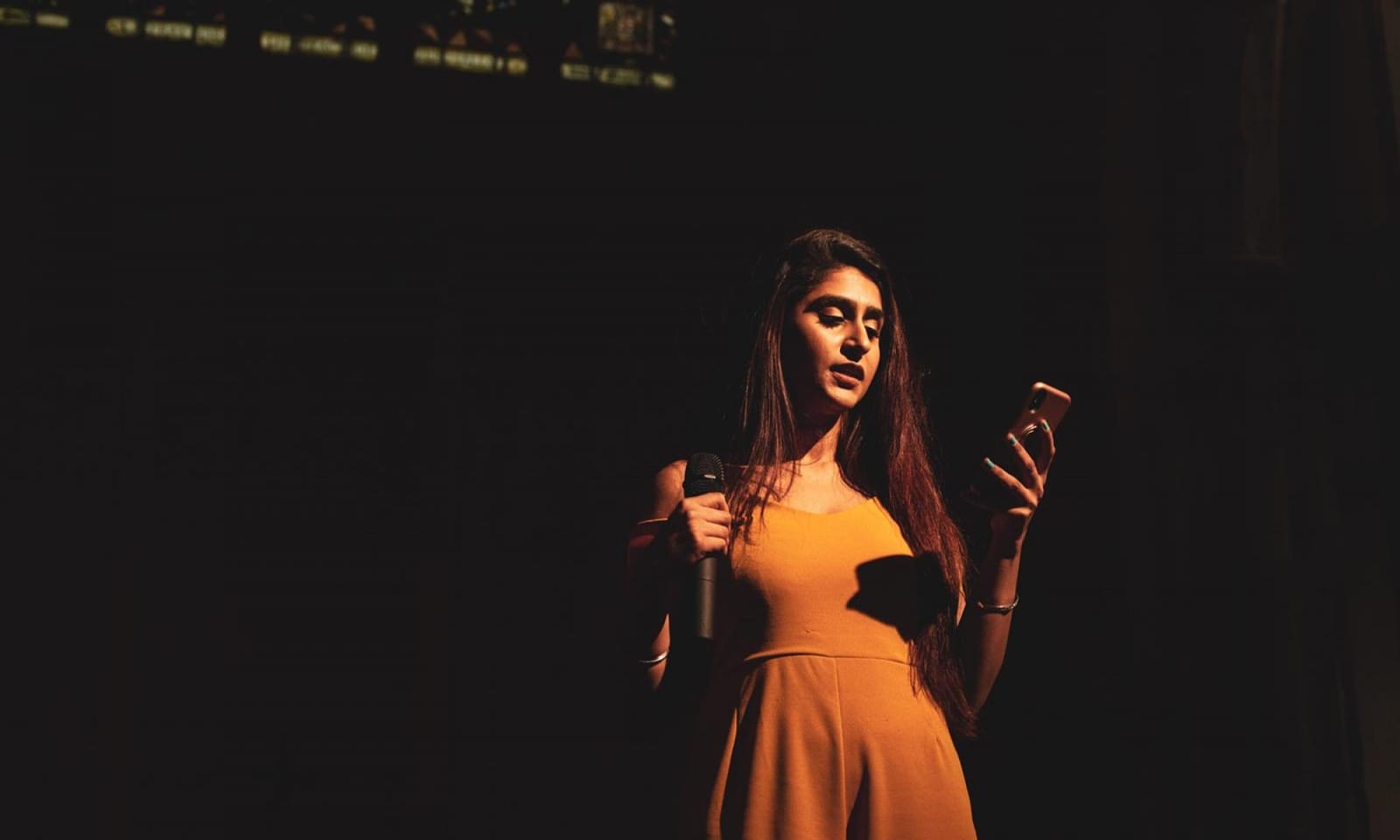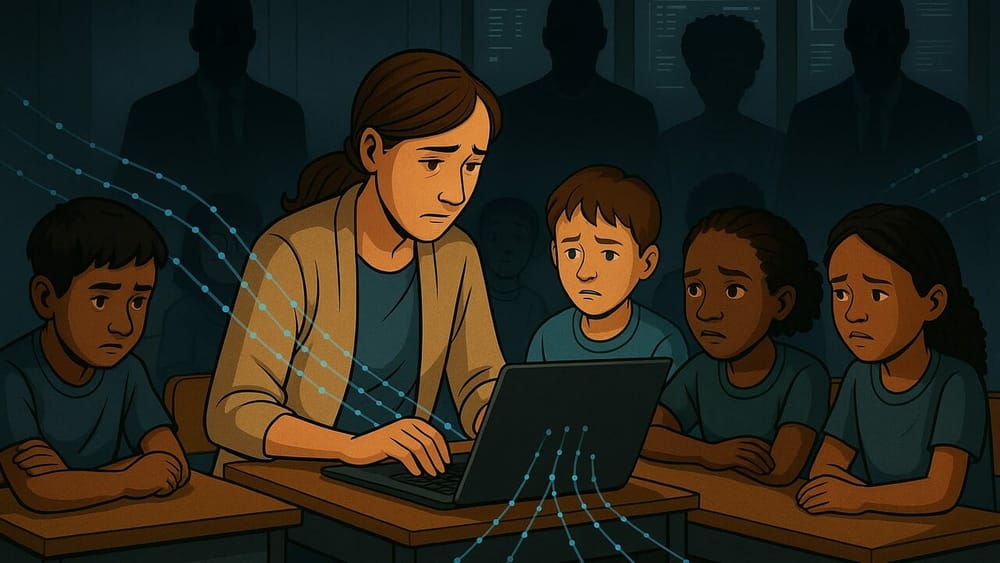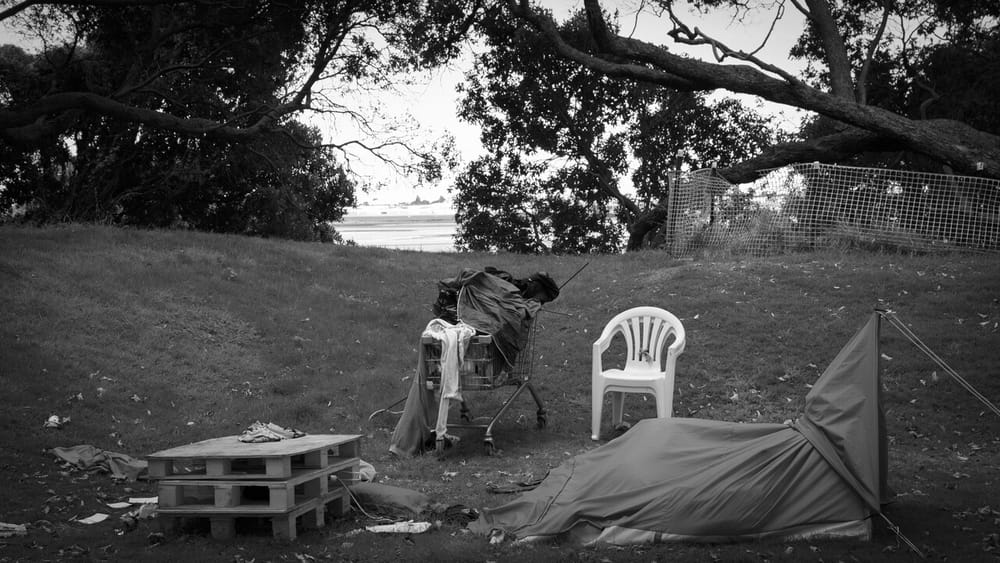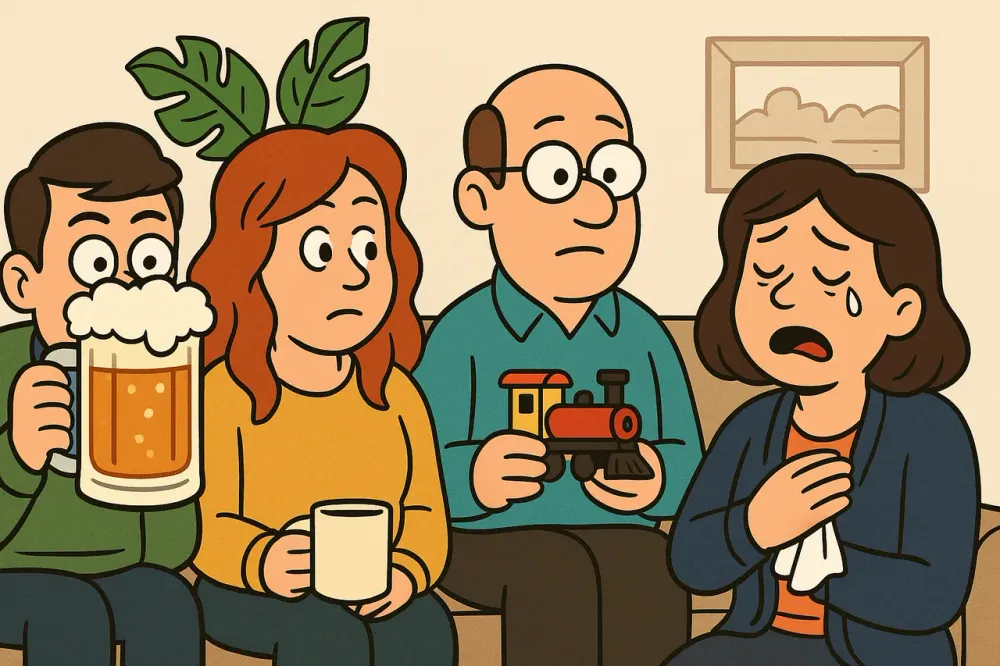In the face of the many seemingly unsolvable problems of the world, it takes courage, faith and determination to take on the role of a superhero. Colours of a Changemaker is a series of interviews with Black, Indigenous and People of Colour from around the world who are using their vocation to create social and environmental change. As Gandhi once said, we must be the change we want to see in the world, and these changemakers are doing just that through their art, music, written works, social platforms and much more.
Ruby Dhal is a British-Afghan Sikh content creator, mental health advocate and best-selling author, passionate about helping people on their healing journey through writing. In 2016, after some painful personal experiences, Dhal started an Instagram page dedicated to micropoetry in an attempt to heal herself and others. Her words resonated. Today, she journeys the ebb and flow of life alongside her community of nearly half a million, creating positive change, through words, on all matters of the heart.
Tell us about the beginning of your journey. When did you start writing? Was there a particular experience that pushed you in that direction?
I started writing micropoetry in 2016. I experienced a few hurtful things when I hit 21 and this led me to creating an Instagram page, to heal from those emotions. I had always wanted to be a novelist and had recently dropped out of my PGCE [Postgraduate Certificate in Education] to pursue writing. I had loved reading and writing for as long as I can remember. While I was working on the first draft of my debut novel, my personal experiences led me to writing micropoetry. As the page grew and my writing style changed, I started writing prose and, following that, bite-size self-help. At the moment I’m working on my first "real" self-help book, and I see myself as a bite-size self-help/prose writer.
Out of all the books you have so far written, which one did you enjoy writing the most and why?
As an author, it’s very hard to enjoy creating the harder work; the work that requires a lot more hours, more effort, more focus. You like to make the most of it in the beginning by being honest with yourself, putting your feelings down on paper, but then it gets all technical and you have to think about grammar, spelling and repetitive words. Then it’s not as much fun.
I enjoyed the easier books, such as Memories Unwound and A Handful of Stars, because they were micropoetry. But my favourite books are the later ones, the ones that felt truer to my writing style, such as My Hope for Tomorrow, Dear Self and, most recently, Between us.
Dear Self is perhaps my most well executed work, but it was the hardest, and the process of writing it wasn’t as enjoyable. I think we enjoy the easy stuff, but the hard stuff is what resonates with us the most.
What inspired your latest book, Between us? Was there anything in particular you were struggling with when writing it?
Between us was written at a time in my life when I experienced painful loss. My uncle had passed away due to COVID-19 and the pain I felt was unbearable, though insignificant to the pain of my dad and my other family members. I witnessed a lot of things during that period and it took me back to all the pain I had witnessed when my mum passed away, as well as when I was 21. I then went back and read some of the pieces I wrote when I was 21 and realised how much I had grown, yet how little had changed.
I made the decision to unite the pieces I wrote as a 21-year-old with the pieces I wrote as a 26-year-old, thus calling the book "between us"—between the old me and the new me.
This book is an exploration of healing journeys, sure, but it is a lot more than that. In this book I aim to show my readers that pain is universal, and sometimes no matter how far you travel or how much you grow, you can find yourself hurting in the same way you did weeks, months and years ago. Healing is a journey, a long, hefty one.
Your work deals a lot with themes of love, heartbreak, self-love and healing, and you push the message that we will be broken many times in our lives and it's something we must accept. Why is it so important to let go and embrace change?
I believe that we all embark on various healing journeys in our life, not just one, and some of these healing journeys start very early on, while others [start] a lot later. I also believe that healing journeys are not linear, they are often fluctuating, sometimes you take three steps forward and two steps back and sometimes you don’t reach that "light at the end of the tunnel", but just a realisation, a strength to accept the pain.
My healing journey started when I first lost my mum at the age of four. This healing journey impacted all the others after it: it affected my perception of love, of self-love and acceptance, it affected my perception of my self-worth and how I saw romantic relationships going forward. Because of this healing journey, I began a love for writing and books in a way I never imagined. At 21, when I was hurt by a close friend in ways I never expected, I decided to put these words on a digital platform and share them with the world.
We all deal with our emotions and pain in different ways, and the way I dealt with it was through writing.
What can people expect when they accept that everything is transient?
I actually dedicated an entire chapter in my best-selling book, Dear Self, to this particular topic. I’ll paste a snippet of that book here to summarise my views on what happens when you accept the transiency of life:
“As long as you believe that everything lasts forever, you will be miserable when you lose those things—whether it’s a job, a relationship, a lover or a dear one. The pain that you experience after you lose those invaluable relationships/achievements will be unbearable. But when you accept that everything in life is temporary—the separation of people, the loss of jobs and the departure of your loved ones—it will feel less like your whole world is falling apart when these relationships/things end. Instead, you will view those departures the way that they’re meant to be viewed—as an unavoidable characteristic of a meaningfully contingent life.
You will still be affected when friendships break, when lovers leave and when, misfortunately, your loved ones pass away. You will be grief-stricken. The anxiety will be there, and no one can take that away. Because without essential attachments and relationships, our lives lose all meaning. But when you string together the truth that important relationships add value to your life with the truth that nothing lasts forever—loss becomes bearable. It becomes less about your self-esteem (you’re not good enough for the job, the friend or the lover) and more about the shifting pattern of life and the importance of change those varying relationships and loss enable us to experience. Losing people then becomes essential for your development rather than a hindrance to it.” Dear Self – Ruby Dhal, p.203
Can you talk a little about how writing can be used as a therapeutic tool for those who are trying to heal from trauma?
Writing is an art that has existed for centuries. It has been used by scholars and visionaries and the ordinary man. Journaling your thoughts on paper is perhaps the simplest, most cost-free form of therapy you can use—it is truly healing. For me, writing saved my life. If I hadn’t been writing, I wouldn’t be where I am today. I would still be lost, wondering what became of my life at 21, unsure of where I was headed. The moment that I started penning things down on paper, it was as though my mind was no longer cloudy, I could see clearly again.
I would highly recommend that everyone tries to journal or write their feelings down on a piece of paper, even if they then decide to dispose of it. It truly is the most effective tool you can use in the comfort of your own home.


